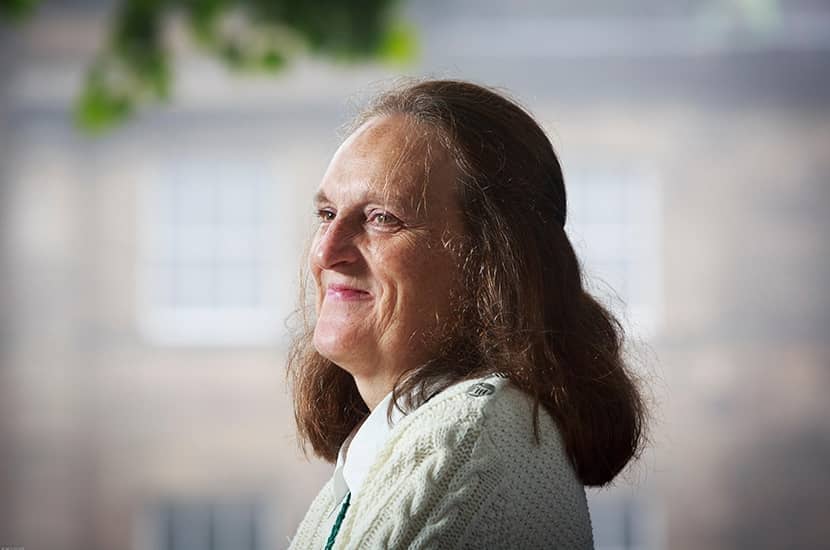Tessa Hadley is the queen of the portentous evening, the pregnant light and the carefully composed life unwittingly waiting to be unravelled. Free Love, like its predecessor Late in the Day, begins on one such evening. The year is 1967 and Phyllis, a suburban housewife, is applying her make-up. She and her husband, a ‘respected Arabist’, are expecting the son of a family friend for dinner.
Nicholas arrives, and broods angrily over his resentment of the staid old guard his hosts represent while plotting half-heartedly to seduce Phyllis as vengeance. Hadley is wonderfully wry at undermining the novel’s own urge towards solemnity:
He wondered, if he pulled at that ribbon on Phyllis’s dress, what would come undone? When she stood up to fetch a bowl of salad from the sideboard, he saw that the ribbon was purely decorative, the dress undid in fact at the back with a zip.
When Phyllis wilfully initiates an affair, she thinks:
If he won’t have me then I’ll die.

Get Britain's best politics newsletters
Register to get The Spectator's insight and opinion straight to your inbox. You can then read two free articles each week.
Already a subscriber? Log in








Comments
Join the debate for just $5 for 3 months
Be part of the conversation with other Spectator readers by getting your first three months for $5.
UNLOCK ACCESS Just $5 for 3 monthsAlready a subscriber? Log in